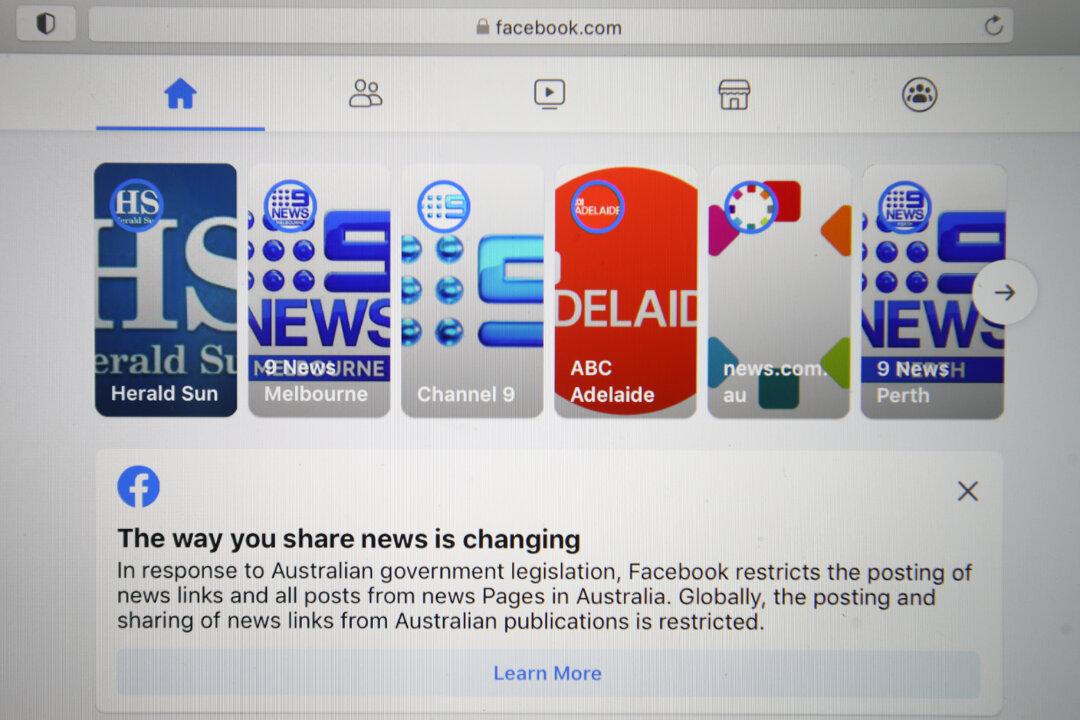Government officials have faced questions about the extent of power Australia’s communications minister will have to investigate misinformation and disinformation.
During a Senate Estimates hearing on Feb. 13, Liberal Senator Sarah Henderson raised concerns about a letter from federal Communications Minister Michelle Rowland to Prime Minister Anthony Albanese on June 1, 2023.





